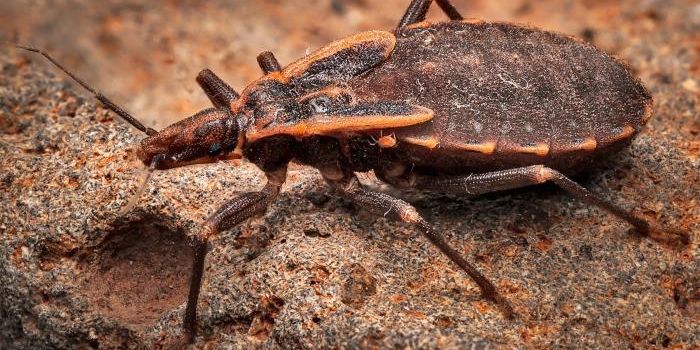Anthrax Outbreak Suspected of Killing More Than 100 Hippos
At least 100 hippopotamuses are dead in Namibia’s Bwabwata National Park as of last week, and animal experts and veterinarians are rushing to the scene to learn about the reasoning behind the mass die-off.
Image Credit: Pixabay
Bwabwata National Park was home to around 1,300 hippos initially, but with 100 of those subtracted right off the bat, the anomaly dealt a significant blow to the park’s hippo population. Even worse, the death toll could be higher than initially estimated since crocodiles and other predators are eating the carcasses before they can be found.
According to the Ministry of Environment and Tourism (MET), the most probable explanation for the fallen hippos is anthrax, an often-fatal bacterial disease that's infamous for infecting cattle, hippos, and elephants throughout the region.
Related: Watch this cute baby hippo learn to swim for the first time
Although it’s a first for Namibia, anthrax infections like this have occurred before in Zambia. Nevertheless, the number of hippos lost by the latest anthrax outbreak is higher than any before it, so it’s justifiably causing some concern among locals.
“This is a situation that we have seen before. It happened in Zambia before, and it mainly occurs when the level of the river is so low. Our scientists will advise properly, but we suspect it is anthrax,” explained Colgar Sikopo, the director of parks and wildlife management with the MET.
“This is a natural cause, and with the animals dying people should not panic, as it won’t negatively affect tourism in the area.”
Related: Inadequate care, not a brutal attack, killed Gustavito the hippo
Anthrax bacteria reside throughout the soil and surrounding stagnant water, where they spread their spores. With Bwabwata experiencing an extended dry spell at the moment, the river's water levels are lower than usual, and stagnant water is everywhere.
From these circumstances, one can quickly deduce that the hippos contracted anthrax from the water they were dwelling in, and this would also justify why many of the hippo carcasses were found in the water.
To prevent the disease from spreading and endangering additional hippos, officials are cleaning up the site and burning as many of the carcasses as possible. Locals are also being advised to leave the carcasses alone for their safety; otherwise, they risk contracting the disease themselves.









